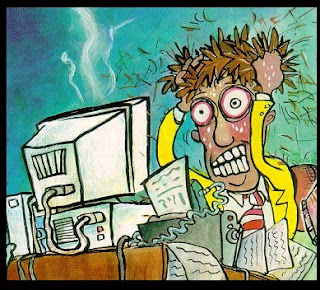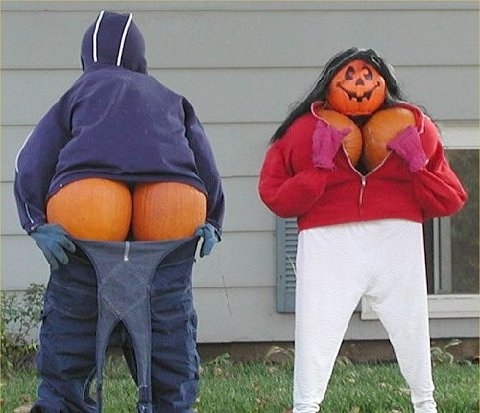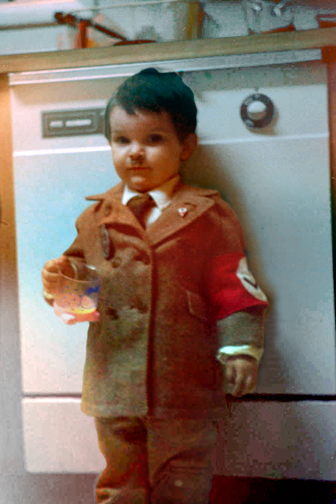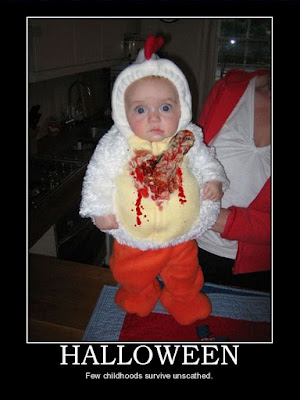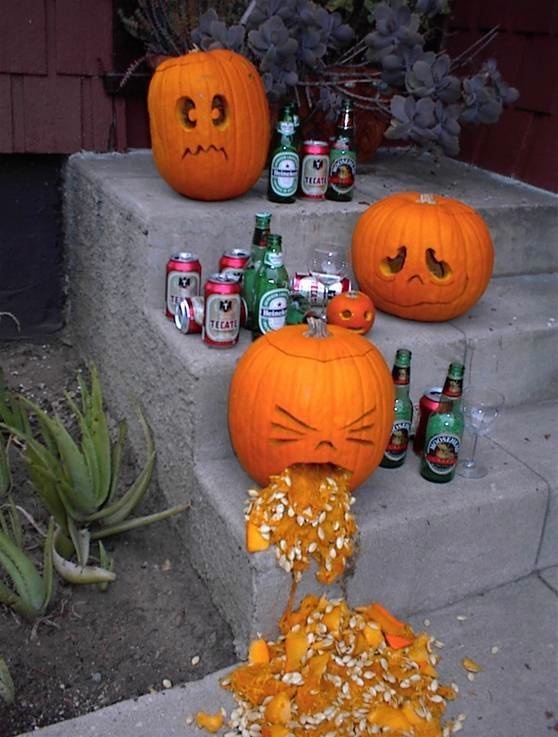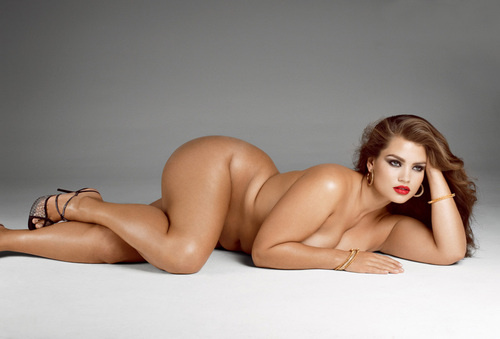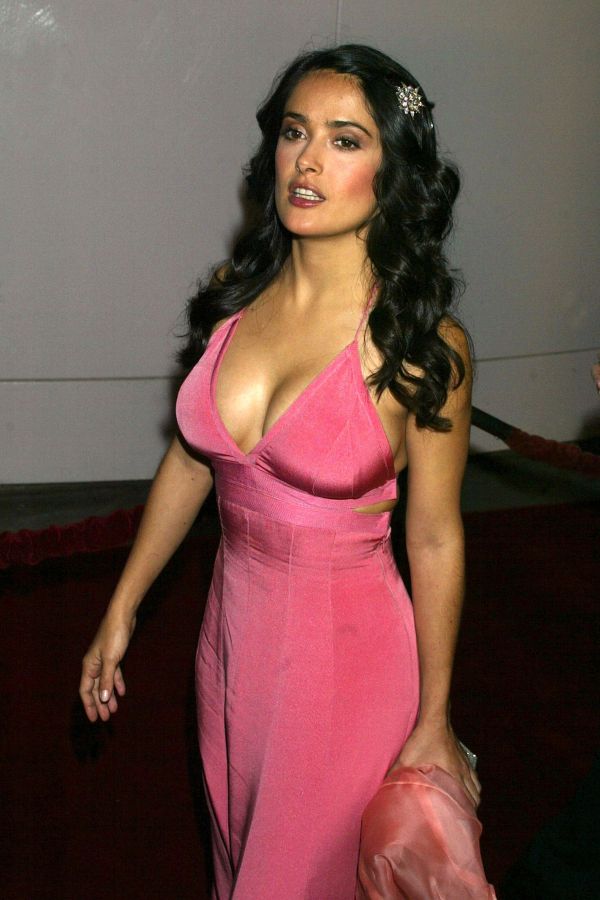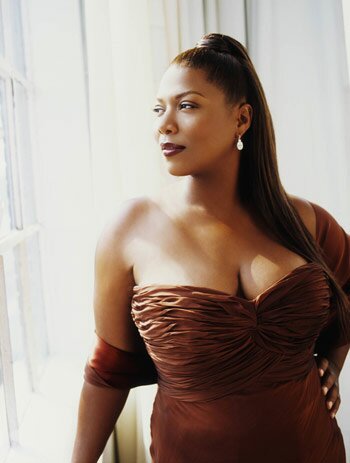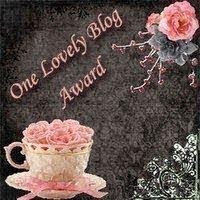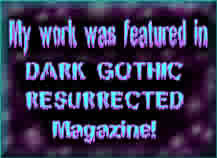Ah...the necessary (and inevitable) agony of editing your manuscript. As any writer with half a brain will tell ya, finishing your story is only the first step toward the final product. What follows next is a never-ending cycle of revisions, critiques, beta-readers, and finally (if your story is good enough to be accepted by an agent/publisher) your editor. *insert terrified girly scream* Omigod, run! The Dreaded Editor is approaching!
Hee, I'm just joking. Sort of.
You see, for many writers, dealing with their editor is an intimidating part of the writing process. Editors do not think twice about dicing, slicing, and hacking manuscripts into total (unrecognizable) oblivion for the sake of grammatical perfection and length requirements. They are usually not concerned (or yet cognizant) of the writer's perceived "Artistic Genius" (sarcasm.) So coincidentally, you will likely develop a love-hate relationship with this person for the weeks leading up to your release date.
But it's not all bad news!
Your editor's obsessive need to insert semi-colons and eradicate dialogue tags has a useful purpose! At the end of the day, your editor's job is to help you (although it may not seem that way at the time!) and without them, the literary world would be a sorry sight indeed. Even the best writer can make improvements and it is the editor's job to point these out.
However, every once in a while a writer faces off a particularly "draconian" assailant. For this, you should definitely stick up for your manuscript and say "no." If the editor is pushing too hard or trying to change your story into something you're not comfortable with, speak up! But first, assess whether or not your objections stem from sensitivity or ego before contradicting your editor--if that's not the case, state your reasons for why their changes won't work for you. The manuscript is YOUR work. You gotta say something if you're unsure.
It may be a rough ride for some writers (more so if they're particularly sensitive to harsh criticism) but the end result makes it worthwhile. Grow a thick skin (if you're going to succeed as a professional writer at all, you're going to need one!) and work on your skills. The best part about the editing process is that once it's over, it's OVER! The rest is all fun stuff, like working with a cover artist and seeing your story hit the shelves.
At least for me, there's no greater feeling than that!





